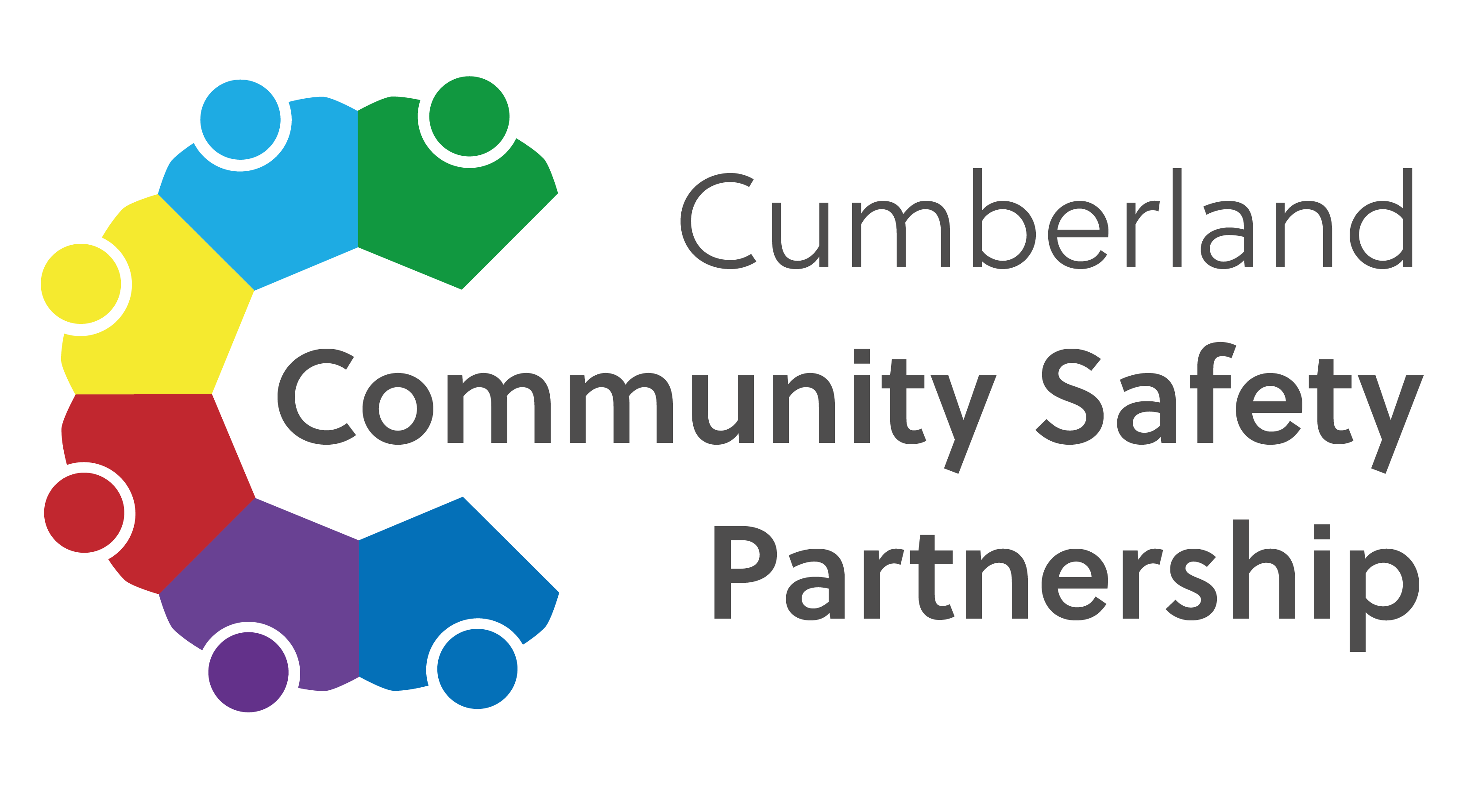
Scams and Fraud
Scams come in many forms: emails, on social media, by post, by phone, by text or in person at your door. They all make false promises to con you out of your money.
It might be a scam if:
- It seems too good to be true
- You suspect you’re not dealing with a real company, organisation or a genuine person
- You’ve been pressurized to transfer money quickly
- You’ve been asked to pay in an unusual way, for instance by a transfer service or by vouchers
- You’ve been asked to give away personal information such as passwords, PINs or other verification codes.
Misinformation and Disinformation
Misinformation is false information spread unintentionally, disinformation is deliberate falsehoods spread intentionally to deceive, and Malinformation is true information deliberately taken out of context to mislead.
For useful advice on this subject, please see this information provided by Liverpool city council
Stay Safe Online: Spot and report misinformation | Liverpool City Region Combined Authority
